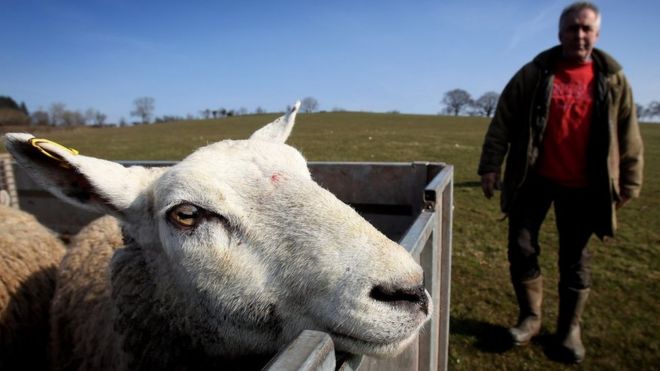Rural broadband only on request, says government
The government will
not automatically roll out broadband to those areas of the UK that
don't yet have services, it has been confirmed.
 Instead, its
Universal Service Obligation, announced last year, will require homes
and businesses to request providers offer net connections.
Instead, its
Universal Service Obligation, announced last year, will require homes
and businesses to request providers offer net connections.Those "broadband have-nots" could face a four-year wait until they are legally entitled to request such a service.
How the process will work and who will pay for it remain unclear.
In a consultation document on the USO, the government said: "Given the high costs of providing broadband access to premises in remote areas it is right that this is done on request, rather than rolling it out and waiting to see if people in those areas want to be connected.
"We know from the various interventions that the government has made to date that it is unlikely that everyone will want to be connected, even if that option is made available to them, and so we do not believe that an additional broadband rollout programme at this time is proportionate or would represent value for money."
But it denied reports that this represents a U-turn, saying it had never claimed there would be further rollouts.
"It's absolute nonsense to suggest we're leaving rural areas behind in our rollout of broadband.
"Our current plans will reach at least 95% of the UK, but we want everyone to have fast broadband so we are introducing a Universal Service Obligation to help make sure no-one is left behind," a spokesman for DCMS told the BBC.
The government has said it hopes to have the USO in place "by the end of this Parliament" in 2020, adding it was working to make it happen "as soon as possible".
How it will be funded remains unclear but it is likely to be along similar lines to the way the legal obligation for telephone services operates - the onus on funding is on BT, up to a threshold of £3,400. If costs go above that, the home owner is asked to contribute
Post a Comment